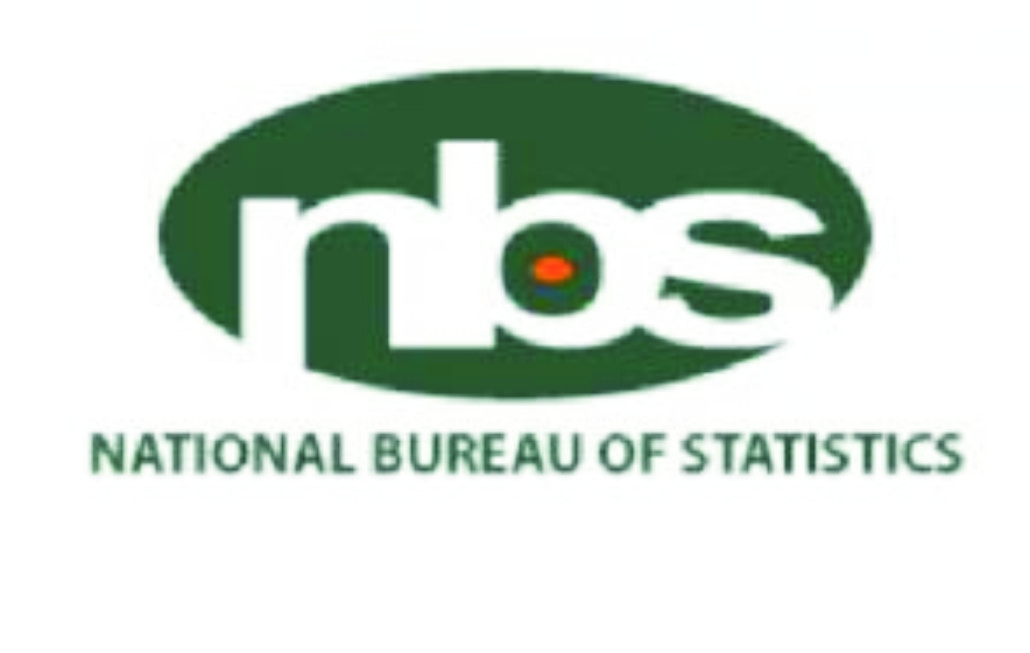Business
‘Company Workers’ Salaries Increased By N4.6trn In Six Months’

The National Bureau of Statistics (NBS) has said companies increased the salaries of their staff members by 18.35 per cent to the tune of N29.45 trillion in the first six months of 2023.
NBS data on “Nigerian Gross Domestic Product Report (Expenditure and Income Approach): for first and second quarter”, reports that compensation of employees, which is the total remuneration in cash or in kind payable by employers to employees for the work done, rose from N24.88tn as at the first half of 2022, to N29.45tn as at the first half of 2023.
This increase coincides with worsening economic conditions in the country, with workers faced with higher prices and cost of living.
In its comment on the compensation of employees in the period under review, the NBS said in the first and second quarter of 2023, the Compensation of Employees grew by 15.08 per cent and 19.41 per cent respectively in real terms year-on-year.
“These growth rates were higher than the Q1 of 2022 and Q2 of 2022 rates recorded at 6.48 per cent and 3.93 per cent respectively.
“On a quarter-on-quarter basis, the compensation of employees in real terms fell by 3.33 per cent in Q1 and grew by 11.25 per cent in Q2 of 2023.
“In nominal terms, the compensation of employees grew by 16.03 per cent and 20.50 per cent in Q1 and Q2 of 2023 respectively”, NBS said.
The NBS defined compensation of employees as “the total remuneration in cash or in kind payable by employers to employees for the work done.
“Direct social transfers from employers to their employees or retired employees and their family, such as payments for sickness, educational grants and pensions that do not set up an independent fund, are also imputed to compensation of employees”.
In the period under review, firms, including SMEs, grew their operating surplus to N67.56tn, an 11.93 per cent increase from the N60.36tn that was recorded in the first of 2022.
Defining operating surplus, the NBS said, “This is equal to the profit that remains for firms after costs have been covered.
“It includes the profit of those who are self-employed, which is often included in the national accounts under the entry ‘Mixed Income’. It is calculated as a residual”.
In 2022, the World Bank warned that Nigeria’s increasing inflation growth had eroded the N30,000 minimum wage by 55 per cent and widened the poverty net with an estimated five million people in 2022.
Chief Economist at World Bank Nigeria, Alex Sienaert, highlighted: “The cumulative inflation between 2019 and 2022 was 55 per cent. Households’ purchasing power has slumped and the real minimum wage in 2022 after discounting for inflation is N19,355, while in dollar value it is $26 after discounting for both inflation and exchange rate depreciation”.
He said the minimum wage, which was $82 in 2019, had dropped to $26. In 2023, four million Nigerians were pushed into poverty between January and May 2023, the lending institution recently disclosed.
Business
Nigeria’s ETF correction deepens as STANBICETF30, VETGRIF30 see 50% decline in a week

Business
BOI Introduces Business Clinic

Business
Dangote signs $400 mln equipment deal with China’s XCMG to speed up refinery expansion

-
Maritime3 days ago
Nigeria To Pilot Regional Fishing Vessels Register In Gulf Of Guinea —Oyetola
-

 Sports3 days ago
Sports3 days agoGombe-Gara Rejects Chelle $130,000 monthly salary
-
Maritime3 days ago
Customs Declares War Against Narcotics Baron At Idiroko Border
-
Maritime3 days ago
NIMASA,NAF Boost Unmanned Aerial Surveillance For Maritime Security
-

 Sports3 days ago
Sports3 days agoTEAM RIVERS SET TO WIN 4×400 ” MORROW” …Wins Triple jump Silver
-

 Sports3 days ago
Sports3 days agoNPFL Drops To 91st In Global League Rankings
-

 Sports3 days ago
Sports3 days agoNPFL Impose Fines On Kwara United Over Fans Misconduct
-
Maritime3 days ago
NIWA Collaborates ICPC TO Strengthen Integrity, Revenue

